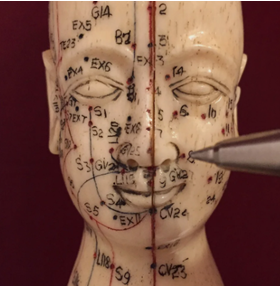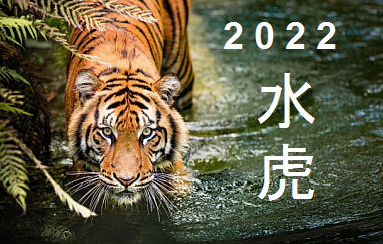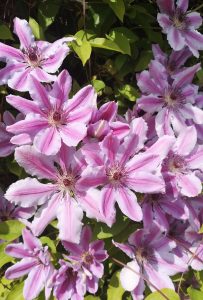Q: How does acupuncture work?
A: Acupuncture has been shown to affect every bodily system in some way.
The most thoroughly researched aspects are the powerful pain-relieving and anti-inflammatory effects.
Scientist Dr Han Jisheng conducted hundreds of studies on the naturally occurring opioids which are produced by the human body in response to acupuncture (such as -endorphins and enkephalins).
Endogenous opioids, that is opioids which the body produces naturally, are more powerful in relieving pain than opioid medications such as morphine. In fact, β-endorphin is four times more powerful than morphine dose-for-dose.
While endogenous opioids help to explain how acupuncture works in acute pain, actions on chronic pain involve lasting modulation of the nervous system. In a landmark study by UK researchers including the late Prof Hugh MacPherson, it was found that, after acupuncture treatment for chronic pain conditions, 85-90% of the pain relief experienced at the end of the treatment course persisted 12 months later.
The anti-inflammatory effects of acupuncture have been found to involve numerous signalling pathways, inflammatory mediators and receptors.
Our team’s research on allergic rhinitis showed a dramatic decrease in the pro-inflammatory cytokine Substance P and suggested that acupuncture was reducing the expression and sensitivity of the receptor (TRPV1) which causes signs and symptoms like sneezing, runny nose, itching and blocked nose. Such cytokines are involved in many inflammatory conditions, so being able to regulate their activity is an important goal.
Q: What about mental health?
A: Acupuncture has benefits in mood disorders such as anxiety and depression by modifying serotonin and cortisol, and by switching the body from the ‘fight or flight’ activated state to the relaxed ‘rest and digest’ mode.
Q: And for any other health conditions?
A: Research is ongoing in many areas. For example, acupuncture has been shown to regulate hormones and relieve pain for endometriosis and polycystic ovarian syndrome (PCOS). Studies have discovered effects on various internal body systems, including temperature control, blood pressure, heart rate, stomach acidity and peristalsis and bladder pressure.
Recent research has established that acupuncture can assist in resetting the body clock by modulating proteins and genes within the brain centre that controls and regulates the body clocks in the nucleus of every cell.
Q: Some people still believe that acupuncture has no evidence base and that acupuncture is not a proven effective treatment. What would you say about this?
A: I would say that somebody needs to do a lot of reading.
There are now over 13,000 clinical trials of acupuncture registered in the Cochrane Database and this does not include the large volume of studies into acupuncture’s underpinning mechanisms (some of which I have mentioned above).
There are also several hundred systematic reviews showing evidence at varying levels for the effectiveness of acupuncture. Systematic reviews provide an overview of controlled studies on a particular condition, using a fixed set of guidelines for assessing the quality of the evidence.
Q: Can you share the findings of the Acupuncture Evidence Project with regard to medical conditions people suffer from?
A: Yes. This was a review of systematic reviews commissioned by the Australian Acupuncture and Chinese Medicine Association Ltd. With my co-author Stephen Janz, we found that the strongest evidence currently for the effectiveness of acupuncture is for low back pain, migraine, chronic tension-type headache, knee osteoarthritis, post-operative nausea and vomiting, post-operative pain, allergic rhinitis and chemotherapy-induced nausea and vomiting.
Q: Are you aware of any other similar recent projects?
A: A recent systematic review commissioned by the Accident Compensation Corporation in New Zealand found that acupuncture is effective for a wide range of musculoskeletal conditions.
In fact, the evidence base for acupuncture is far stronger than the evidence base of most other allied health professions such as physiotherapy.
This should not be surprising as this research is simply confirming what has been observed about the effectiveness of acupuncture over the last two thousand years of practice, by large numbers of practitioners and patients.
Acupuncture is practised on every continent except Antarctica, and is used alongside conventional medicine in hospitals in many countries including USA, Germany and Israel. Acupuncture is included in both private and government insurance schemes around the world and is recognised by UNESCO as an ‘intangible cultural heritage of humanity’.
Acupuncture is supported by an impressive evidence base of scientific research. The idea that there is no evidence base for acupuncture is simply not supported by the evidence.
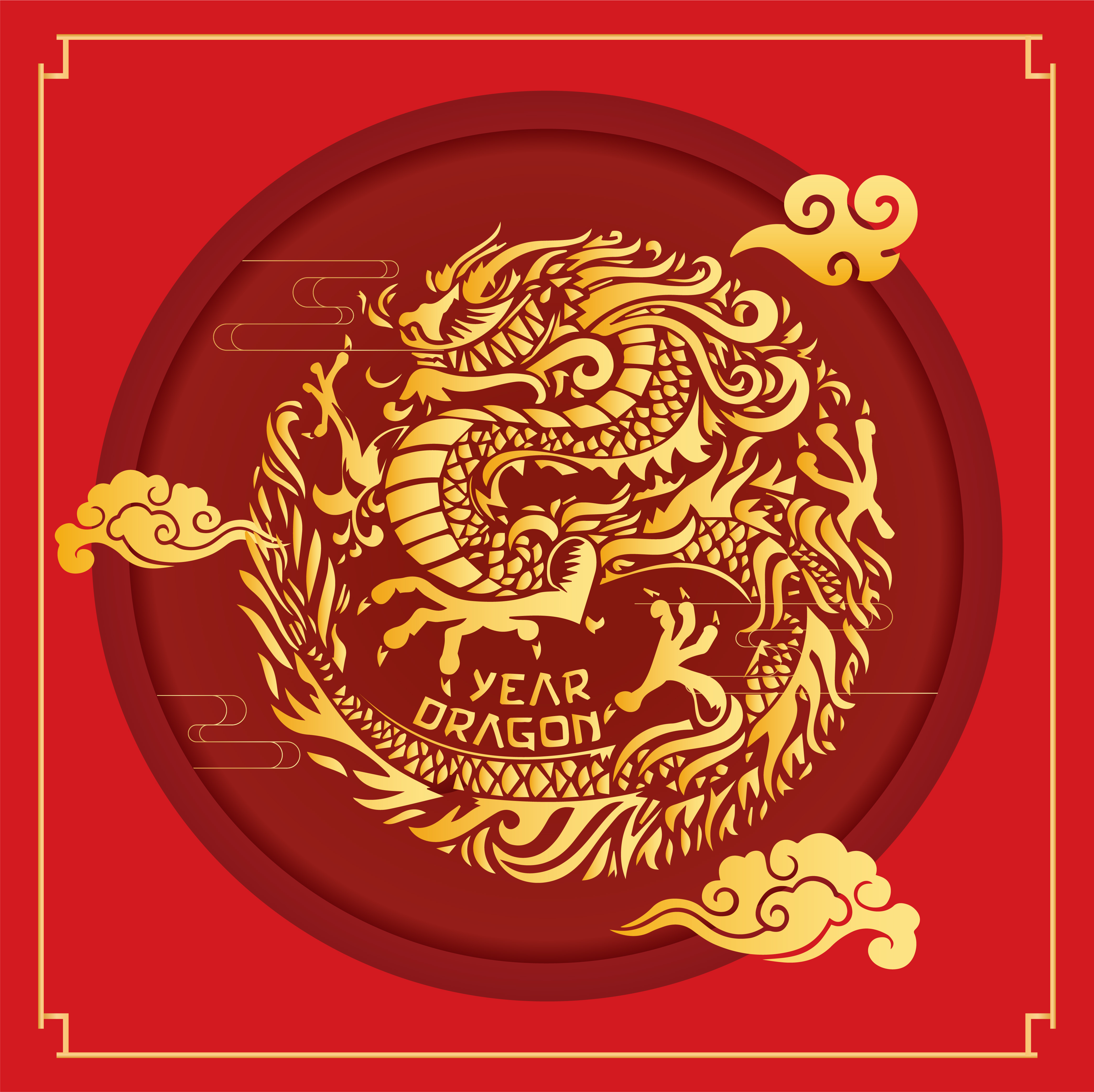

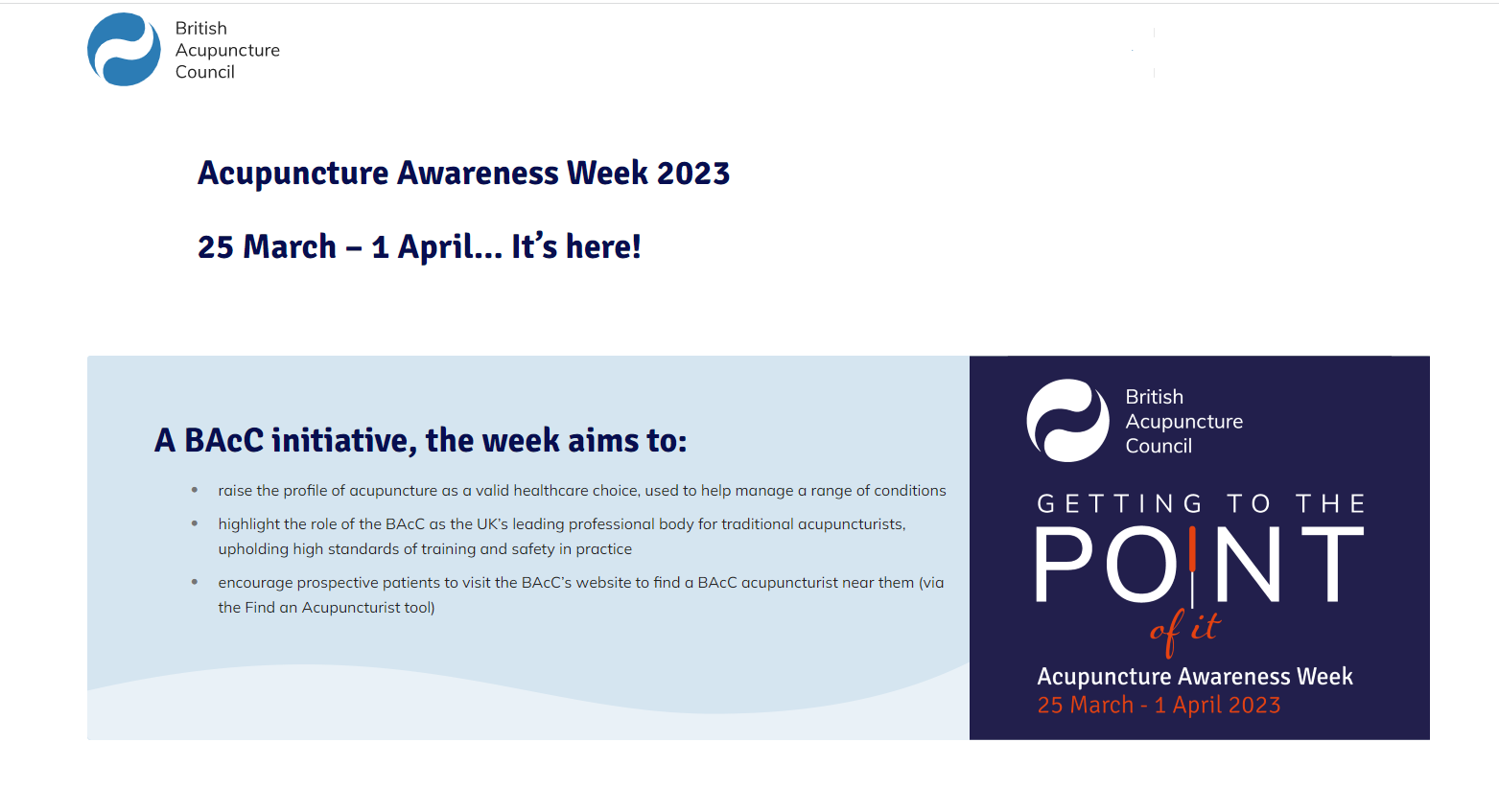
 #AcupunctureAwarenessWeek2023
#AcupunctureAwarenessWeek2023